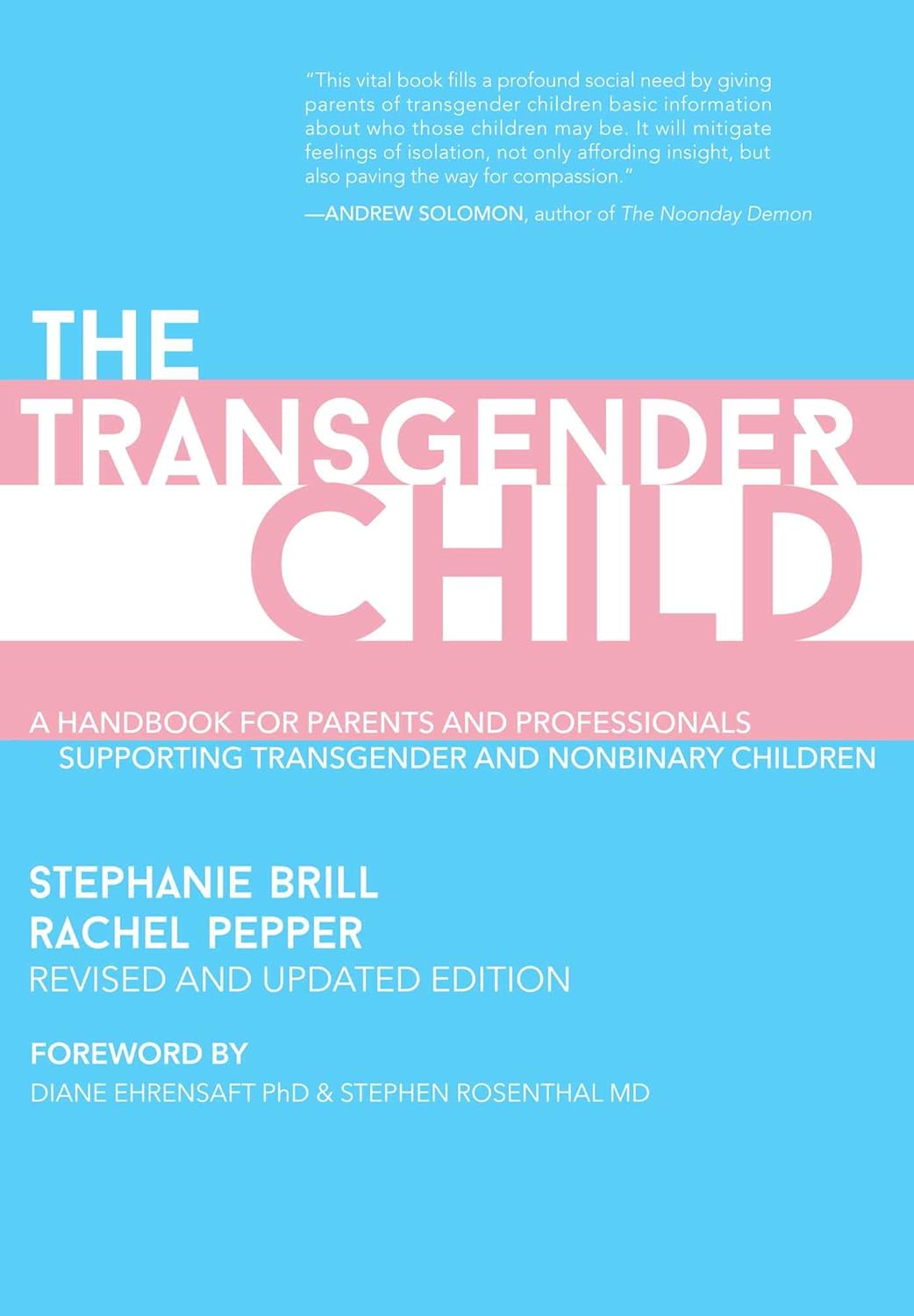Blog
Transgender Guidance – What does it mean for my school?

In December, the government finally published their draft guidance for “gender questioning children”. The guidance states it will provide “practical advice […] to help [schools] make decisions regarding children who are questioning their gender.” However, leading LGBT+ charities and organisations such as Stonewall have condemned the guidance as “not fit for purpose” and “actively dangerous”.
Teachers and educators have a duty to safeguard and promote the welfare of the children in their care, and many teachers will be wondering if this new guidance will help them in these goals and support transgender and gender questioning children in their settings, especially when it conflicts with the advice they have previously received from training providers such as ourselves.
Transgender youth are at greater risk of bullying, suicidal ideation, and poor mental health than their cisgender peers (‘Just Like Us’ 2021, ‘The School Report’ 2017), highlighting the need for robust safeguarding policies and guidance. And with transgender hate crime on the rise in the UK, schools need to do everything they can to support their transgender pupils.
So, where does this leave schools?
Unfortunately, the government’s guidance appears to be more focused on prioritising and protecting the thoughts and opinions of those who are made uncomfortable by the presence of transgender people, over the mental health and welfare of transgender children. It has little guidance on how to actively, and positively, support transgender pupils and is more veered towards defending the decision to not make reasonable accommodations, as required by the Equality Act.Allowing schools and staff members to decline a request to use new pronouns and names flies in the face of safeguarding aims when allowing trans youth to use their chosen names has been reported to lower mental health risks such as depression. Staff use ‘known as’ names such as nicknames and shortened versions of names to refer to children all the time without seeking parental permission. Why should using a different name for a transgender child be any different? Or is the government suggesting every child going by Charlie or Lottie instead of Charlotte should have to seek parental permission first? It costs nothing for people to respect the choices children make about their names and pronouns, but refusing to use them could cost the child a lot more.
“Outing” a child to their parents could also lead to serious consequences. The new government guidance acknowledges safeguarding concerns must come first; however, if a child does not wish to tell their parents, this should be a safeguarding concern. What is the child worried about? Why don’t they want to tell their families? Of course, the child could be worried unnecessarily, they might just be feeling awkward or embarrassed, but schools should work with the child to feel comfortable talking about their gender identity with family, not force them to do so. Outing a child disempowers them and denies the child the right to come out on their own schedule. The focus should be on supporting pupils to have the confidence to come out to their family when they are ready. Going against a child’s wishes not to tell parents about their gender identity breaks that child’s trust in you and potentially risks the child’s safety and wellbeing if the parental response is negative.
So, do you have to follow the guidance?
The short answer is no.The government guidance is currently only a draft. The guidance is also non-statutory meaning schools have a choice whether to follow the guidance or not.
The government is seeking your views about the guidance in the form of a consultation. Schools can support their transgender pupils and staff members by completing the consultation survey before 11:59pm on 12th March 2024, letting the government know the inadequacy and harmful nature of their guidance. Stonewall have released guidance to help you answer the consultation questions.
 LGBT+ organisations have not been consulted in the creation of this guidance, nor have the transgender children who will be most affected. We encourage all educators to reach out to the government, via the consultation or emailing local MPs, and let them know guidance needs to be written in consultation with these organisations and individuals to remove the harmful advice currently presented to schools. For more information about the harm that will be caused by the new guidance, or what to include when speaking to your MP, go to Stonewall or Mermaids UK.
LGBT+ organisations have not been consulted in the creation of this guidance, nor have the transgender children who will be most affected. We encourage all educators to reach out to the government, via the consultation or emailing local MPs, and let them know guidance needs to be written in consultation with these organisations and individuals to remove the harmful advice currently presented to schools. For more information about the harm that will be caused by the new guidance, or what to include when speaking to your MP, go to Stonewall or Mermaids UK.Many schools are doing amazing work to support their transgender pupils and our hope is that they continue to do so. If you want to learn more about how you can support transgender pupils, we recommend the book ‘The Transgender Child’* by Stephanie Brill and Rachel Pepper. You can also get in touch with us to book our training course for your school.
*We encourage you to purchase from your local independent bookstore, however titles have been linked to Amazon for your convenience. As an amazon affiliate, Connect Education and Training CIC earns from qualifying purchases. This does not increase the price you pay but supports the work we do.